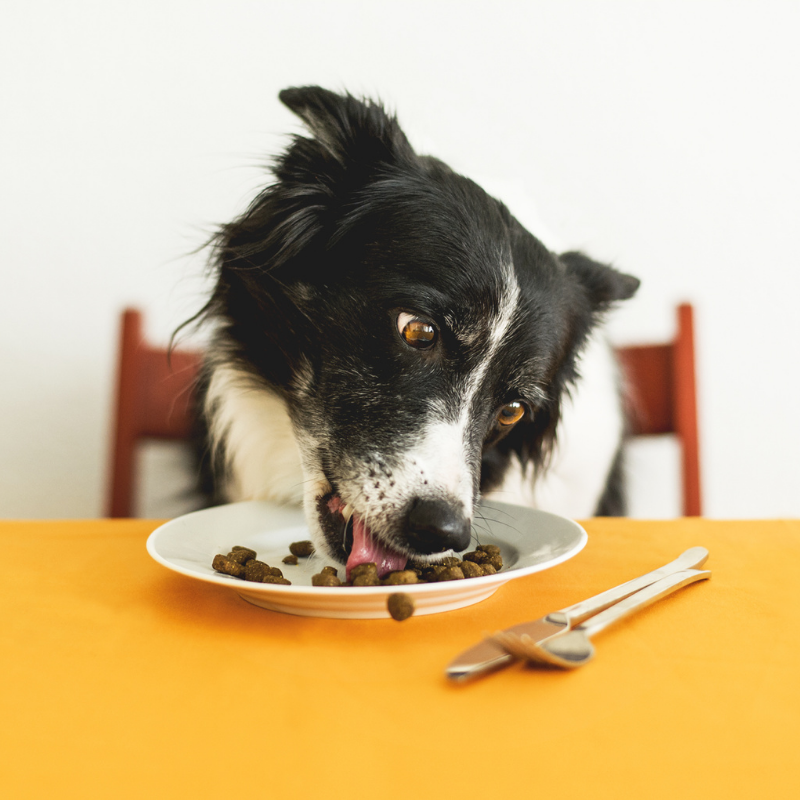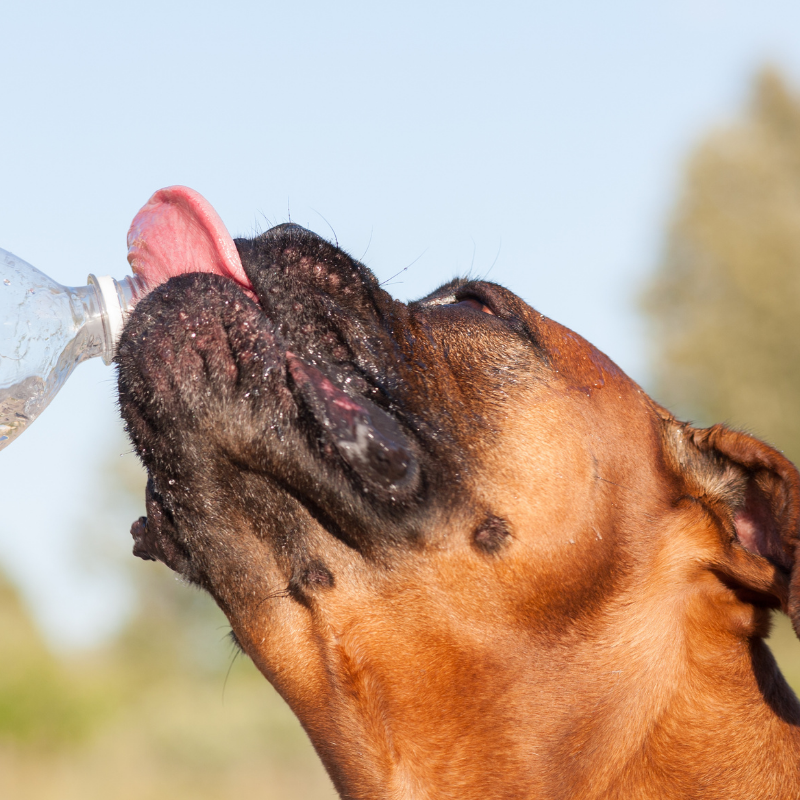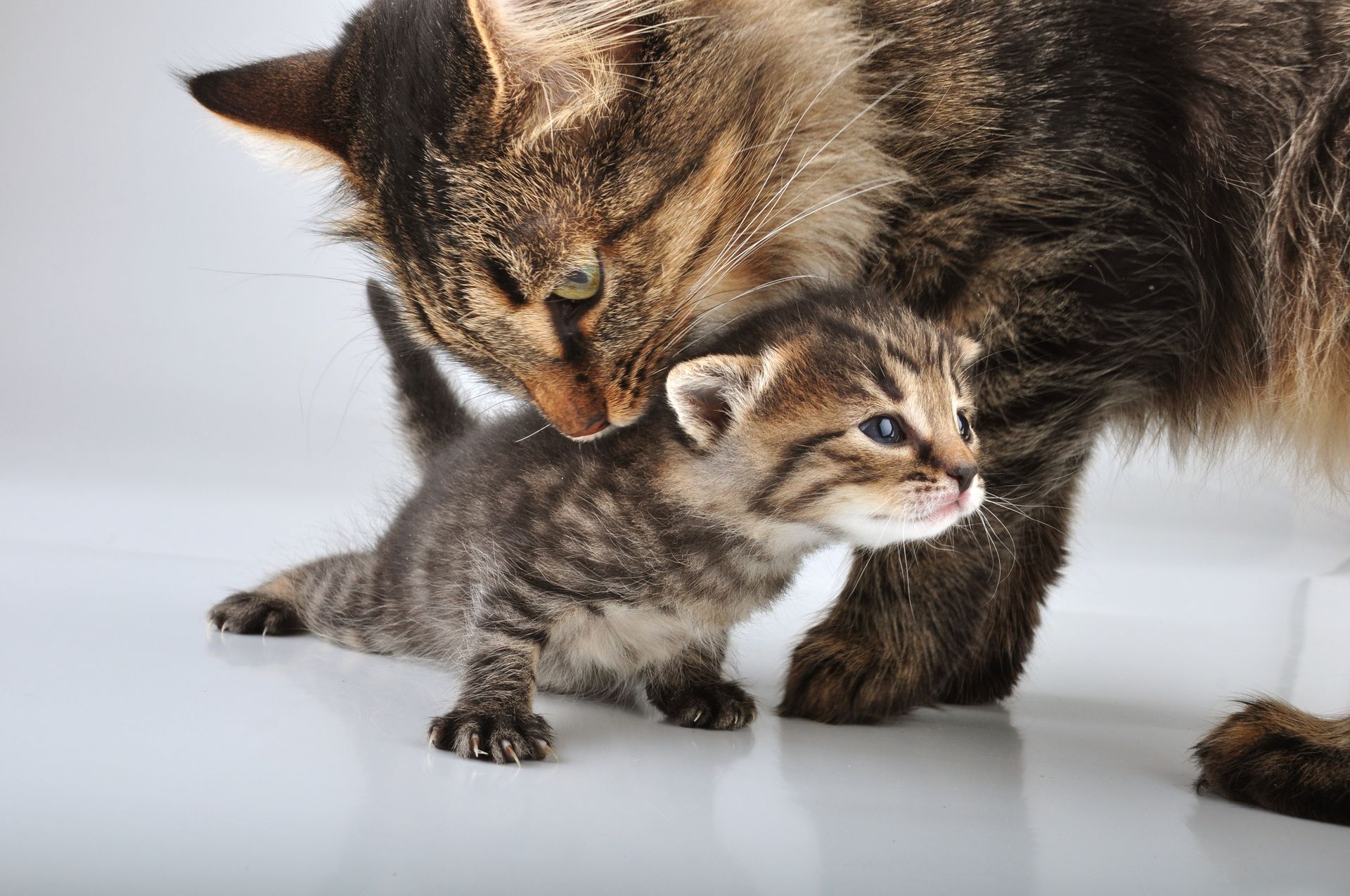How can I help treat my dog’s diarrhoea?
How can I help treat my dog’s diarrhoea at home?
Diarrhoea in dogs is commonplace problem. Very simply, diarrhoea in dogs is caused by gastrointestinal distress.
This can occur from changes in your dog’s diet, scavenging spoiled food, new medicines, food allergies, and even sickness.
It is important to understand that the primary purpose of diarrhoea in dogs, from a physiological point of view, is to eliminate the cause of the upset.
Before you think about trying different treatment options, you need to try and figure out the underlying cause of your dog’s bowel problem.
While diarrhoea may simply be caused by something bad they have eaten, it can also be a sign of more serious health complications so we recommend getting your vet’s advice before you start trying to treat them.
What causes diarrhoea in dogs?
There are many different things that can upset a well-balanced digestive system and cause diarrhoea in your dog. Some things are more serious and can be life-threatening, while others can be less serious.
- Dietary indiscretion e.g., garbage ingestion or an abrupt diet change
- Inflammatory diseases e.g., diet intolerance or allergies
- Intestinal Parasites, such as roundworms, hookworms, giardia
- Infections with common viruses, such as parvovirus and distemper
- Bacterial infections, such as salmonella
- Illnesses, such as kidney and liver disease, colitis, inflammatory bowel disease, and cancer
- Antibiotics and other medications
- Poisonous substances or plants
- Swallowing an indigestible foreign body, like a toy or socks
- Stress or emotional upset
Symptoms of dog diarrhoea
Is your dogs food giving them diarrhoea?
Loose stools are the main indicator of dog’s diarrhoea. It may also be accompanied by:
- Vomiting
- Loss of appetite
- Weight loss
- Abdominal pain
- Urgency to defecate
- Lethargy
- Excessive gassiness
- Straining to defecate
- Dehydration
- and other symptoms of disease.
If you are concerned about your dog’s health in any way, you should always contact your vet as diarrhoea can often be the first warning sign of a more significant health issue.
The faster you seek professional medical help, the better, especially if your dog is very young, old, or has pre-existing health conditions.

What stools say about your dog’s health
The colour and consistency of diarrhoea can say a lot about the cause of the problem and what is going on inside your dog’s gut.
Chocolate brown is normal, while colours like orange, green, or grey may signify issues with such organs as liver, gall bladder, or pancreas. Black tarlike stools are more serious and may point to internal bleeding. If you see this, contact your vet as soon as possible.
Home treatments for dog diarrhoea
Many cases of dog’s diarrhoea are mild and with the advice of your vet may be treated at home. They may respond to a program of very basic treatments, including:
Fasting
Withholding food for 12 to 24 hours, and providing water in small amounts frequently, can clear the cause of the upset and allow the gastrointestinal tract to settle.
However, if your dog is not strong or healthy enough for fasting, it can lead to further complications. For this reason, we don’t recommend fasting for puppies or elderly dogs, who need the nutrients.
After a fast, simple foods are usually introduced slowly. Many dog owners start with foods that act as binders, which can help normalise stool consistency.
You can start by feeding your dog:
- Rice water – a splash of broth (add link) can make it more palatable
- Plain white rice
- Pumpkin puree (from the supermarket), powder or pet specific canned pumpkin
- Plain yogurt
- Probiotics – to promote live bacteria that aid digestion
- Boiled potatoes, without skin
- Cottage cheese
- Plain protein sources like egg (no butter or oil) and chicken without skin
- Herbs, such as fennel
Make Sure They Have Plenty of Water
Diarrhoea can quickly cause a dog to become dehydrated. Make sure that your dog has access to plenty of fresh, clean water and encourage them to drink. If you need to, you can add a splash of broth (add link) to their water to encourage them to drink.
Diarrhoea can happen for a number of reasons in dogs. By identifying the symptoms, understanding the causes and taking the necessary steps, you can have your dog feeling better in no time.
For more information about quality Australian made and manufactured probiotics for pets products, please view Ipromea’s range here

Explore More






